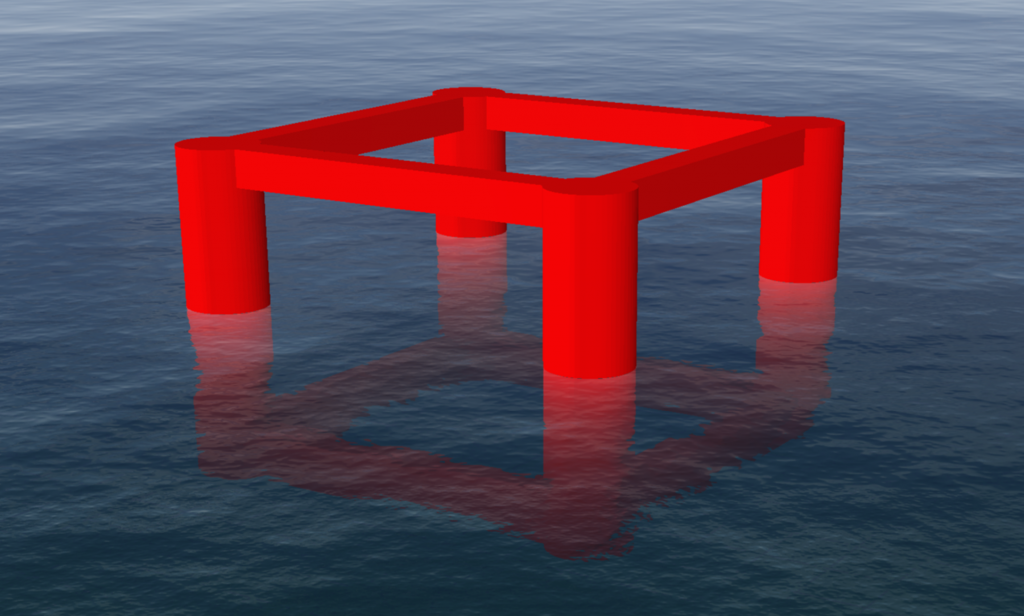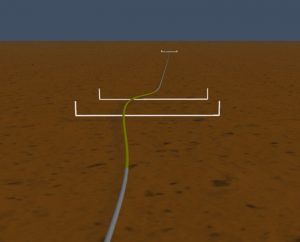Before the end of the year we will be releasing a new version of OrcaFlex, version 11.6. This new version includes updated FlexNet libraries (version 11.19.8), which in turn means that if you are using FlexNet floating licenses, you must update the license manager that runs on your license server, before you upgrade to OrcaFlex 11.6.
If you are not using FlexNet floating licenses, then the rest of this post does not apply to you, and you can safely ignore it. As an aside, if you are still using legacy dongles with OrcaFlex, then can we take this opportunity to recommend that you consider switching to the modern and supported FlexNet licensing system. Please contact us if you would like more details.
For anyone who is using FlexNet floating licenses we recommend that you perform the upgrade of the license manager at the earliest convenient opportunity. Older versions of OrcaFlex will run with the upgraded license manager. Even though you don’t strictly need to perform this upgrade until you activate your 11.6 licenses, it is good practice to keep the license manager up to date.
Before performing the upgrade, please double check that you do not already have the latest version installed. The version can be checked from the administration page of the license manager dashboard, typically available at http://localhost:8090 on the license server machine. You only need to perform the upgrade if your current version is older than 11.19.8.
To help with the upgrade, we provide the following step-by-step instructions to perform the upgrade. Note that these steps will need to be performed by your network administrator on the license server machine that runs your license manager.
- Check that the current license manager version is older than 11.19.8 (see above). Only carry out the remaining steps if the current license manager version is older than 11.19.8.
- Download the latest license server software from: www.orcina.com/downloads/public/ServerPack.zip and extract the files from the archive.
- In the services control panel applet, stop the license manager service, named Orcina FlexNet license manager.
- Update the FlexNet licensing service using <ServerPack>\LicenseService\Win64\FlexNetLicenseService.msi
- Install the license manager using <ServerPack>\LicenseManager\Win64\lmadmin_orcina.msi
- The installation should re-start the license manager service automatically. Check that the license manager is running and serving licenses by using the web interface at http://localhost:8090 (replace 8090 with the appropriate port if you are using a different port for the web interface).
This installation process will preserve any customisation of ports that you have made to the license manager. But if you have made more significant customisations then you will need to re-apply them. If you are unsure on how to do that, please do contact us for guidance.

